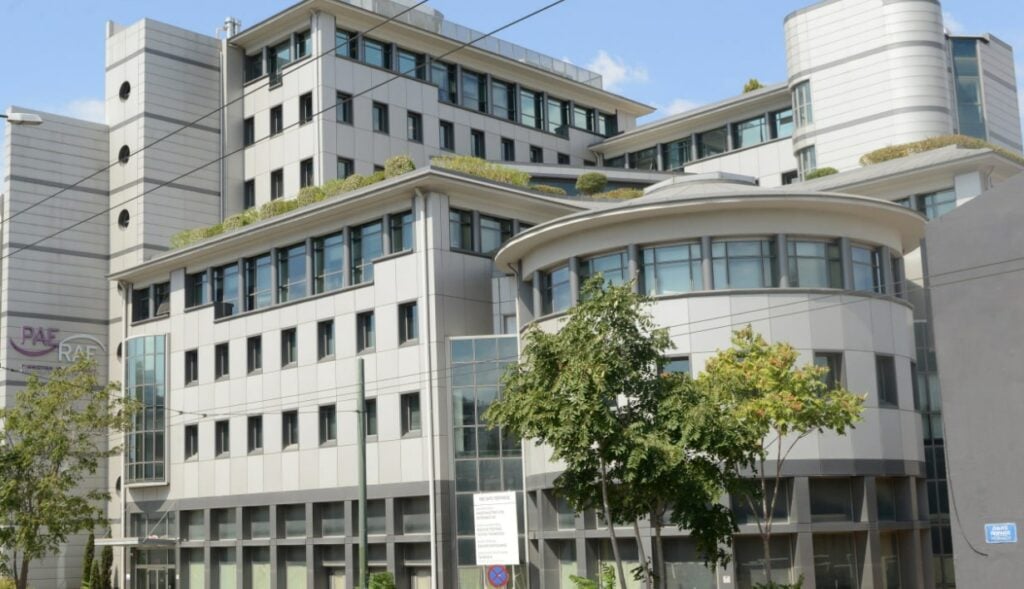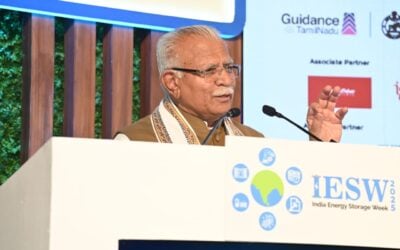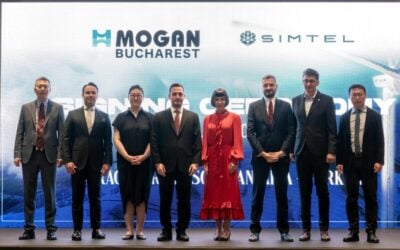
Swathes of energy storage projects including battery storage and pumped hydro have been approved by the regulator in Greece, as the country prepares for a big battery storage auction.
The government in Greece is looking to provide financial support for up to 900MW of energy storage capacity through a tender as previously reported by Energy-Storage.news. The country has an overall energy storage deployment goal of 3GW by 2030 to facilitate a 70% renewable energy target.
Enjoy 12 months of exclusive analysis
- Regular insight and analysis of the industry’s biggest developments
- In-depth interviews with the industry’s leading figures
- Annual digital subscription to the PV Tech Power journal
- Discounts on Solar Media’s portfolio of events, in-person and virtual
The standalone energy storage procurement process is set to launch during the third quarter of this year, Naim El Chami, senior analyst at consultancy Clean Horizon told Energy-Storage.news, with systems to be completed by end-2025.
(The consultancy did a webinar with this site in late November about why Greece was developing into an important market for energy storage.)
In the last fortnight alone, the Energy Regulatory Authority (RAE or Ρυθμιστική Αρχή Ενέργειας) has approved battery storage projects totalling around 586MW in power and 815MWh in energy storage capacity.
Although one of these projects exceeds the tender’s maximum size of 100MW so will not be going for the government support. The 293.89MW/300MWh system in Peloponnese is being developed by infrastructure group Ellaktor.
Also approved by the regulator, although unlikely to be going for the auction process, is an 8.6-hour, 680MW/5,872 MWh pumped hydro energy storage project by Italy-based utility Terna. The project has been split into two separate applications of 220MW/1,872MWh and 460MW/4,000MWh.
Local outlets report that by the end of January alone, the regulator had approved permits for 36 energy storage plants with 2.5GW of combined power. 1GW of these were co-located with renewable energy plants and designed to only charge from that plant, which gives them a priority in the grid connection queue.
El Chami said that single bidders will not be able to get more than 25% of the standalone tender’s volume, i.e. 225MW.
“This scheme will ensure a two-tiered support: an annual 10-year operating support (on a contract for difference basis) and a one-off capex-based payment,” he added.
Investment funds from outside Greece have been looking to capitalise on the development of the country’s energy storage market.
In January, UK-headquartered investment management group NextEnergy Capital acquired six standalone battery energy storage system (BESS) projects totalling 400MW. Two months prior, Madrid-based Fotowatio Renewable Ventures (FRV) acquired a 600MW portfolio of BESS projects.
Gore Street Capital, which has a BESS portfolio spanning the UK, Ireland and the US told Energy-Storage.news in an interview last year that Greece was an ‘interesting market’.






